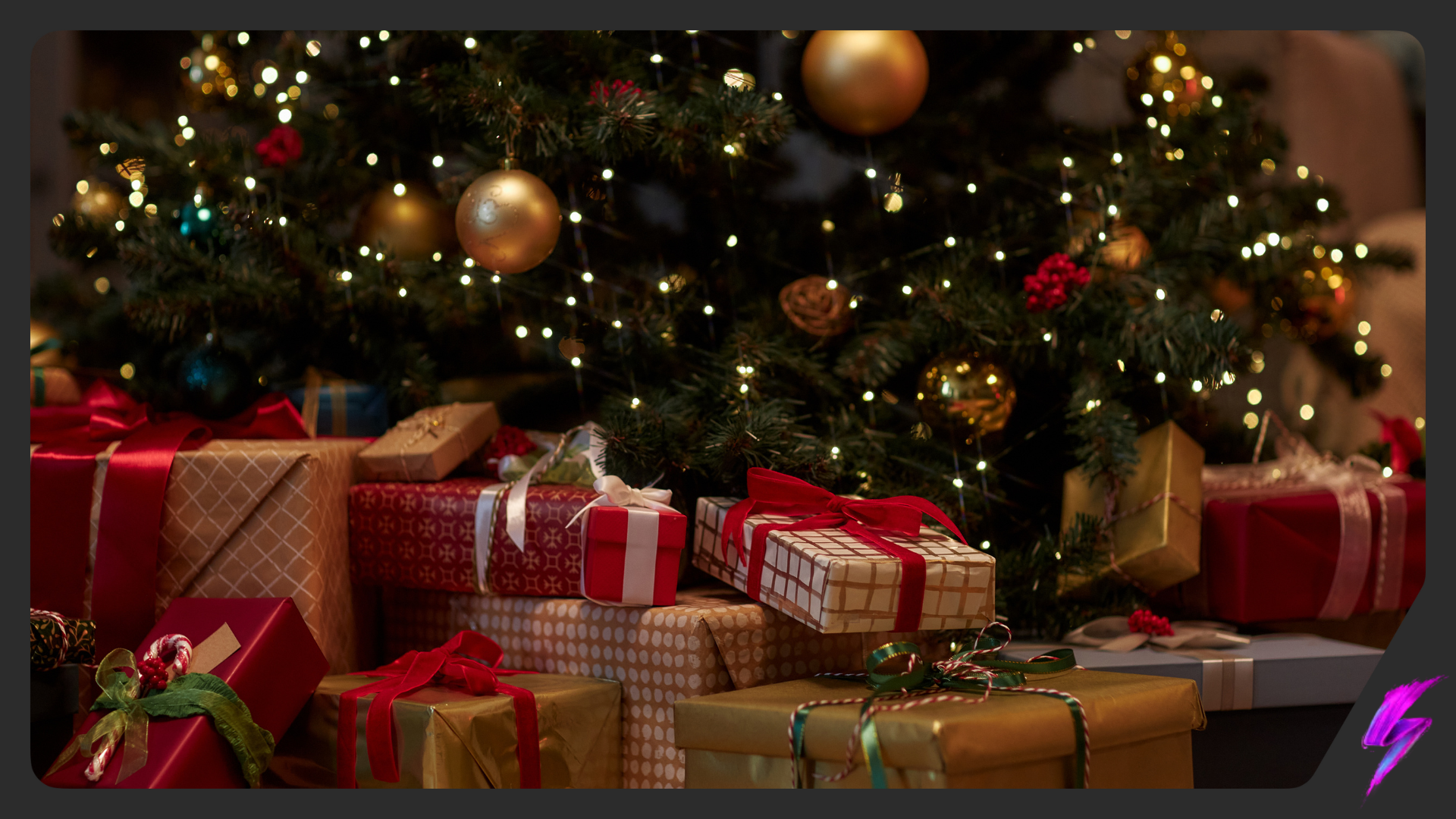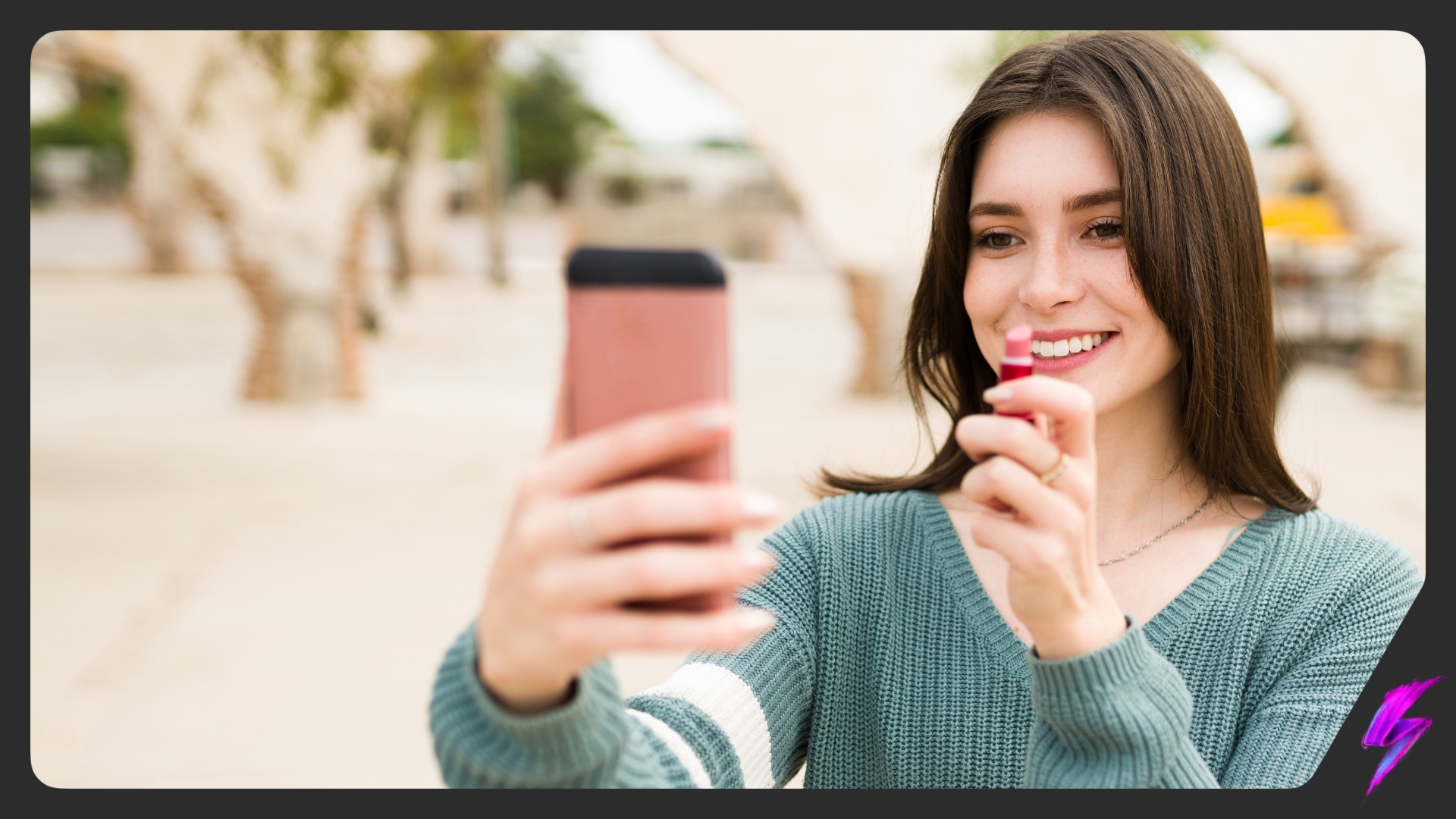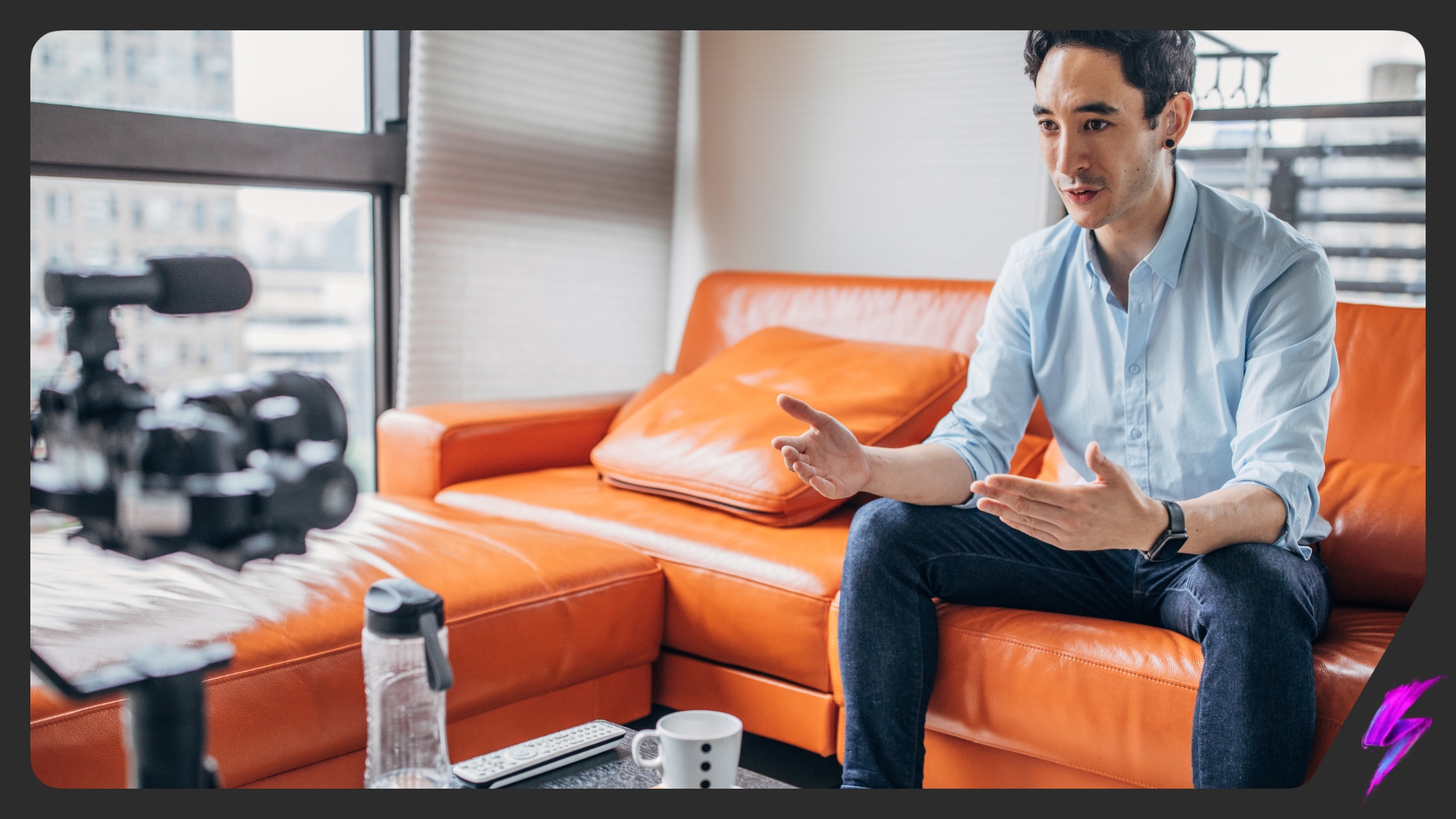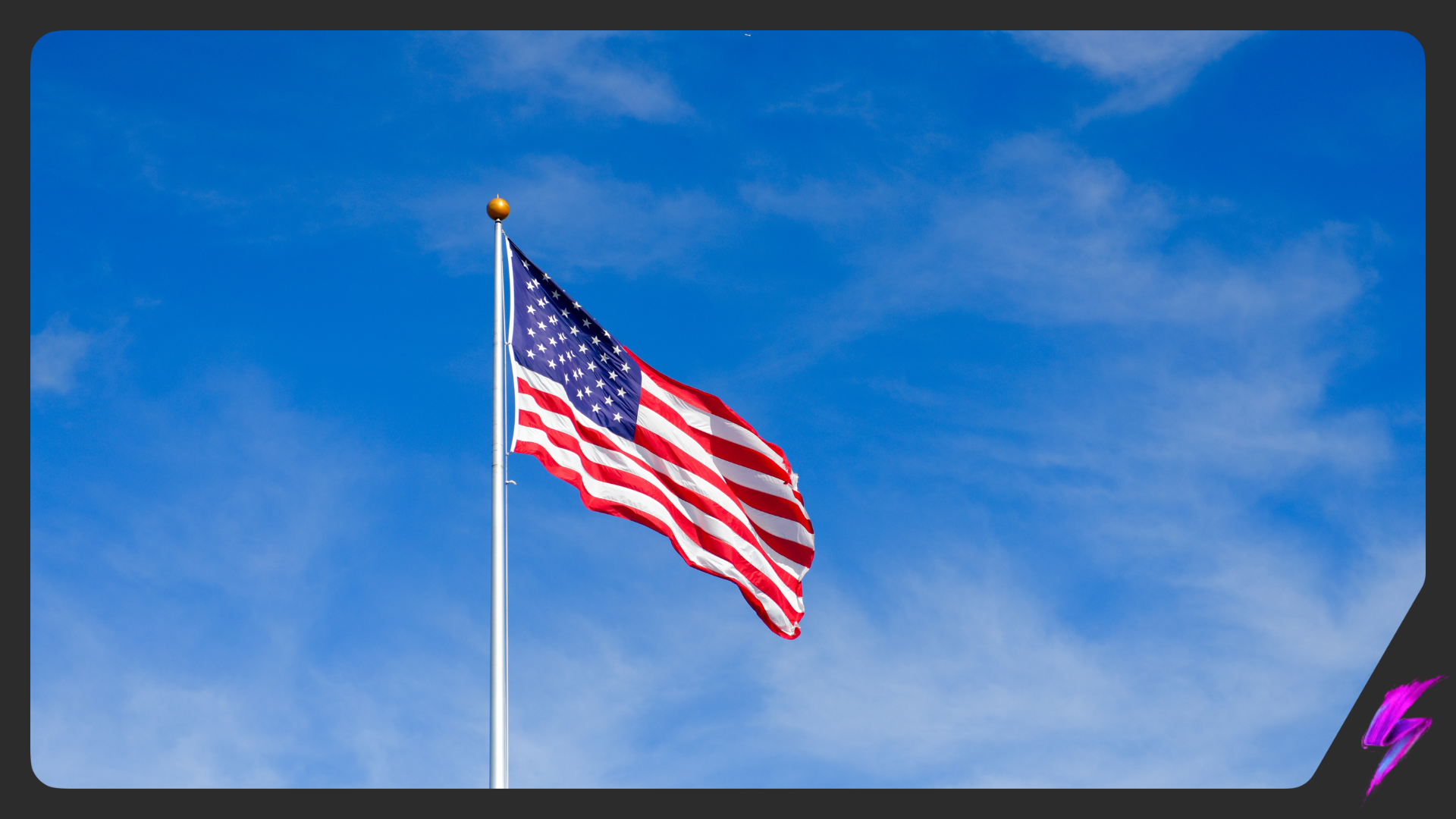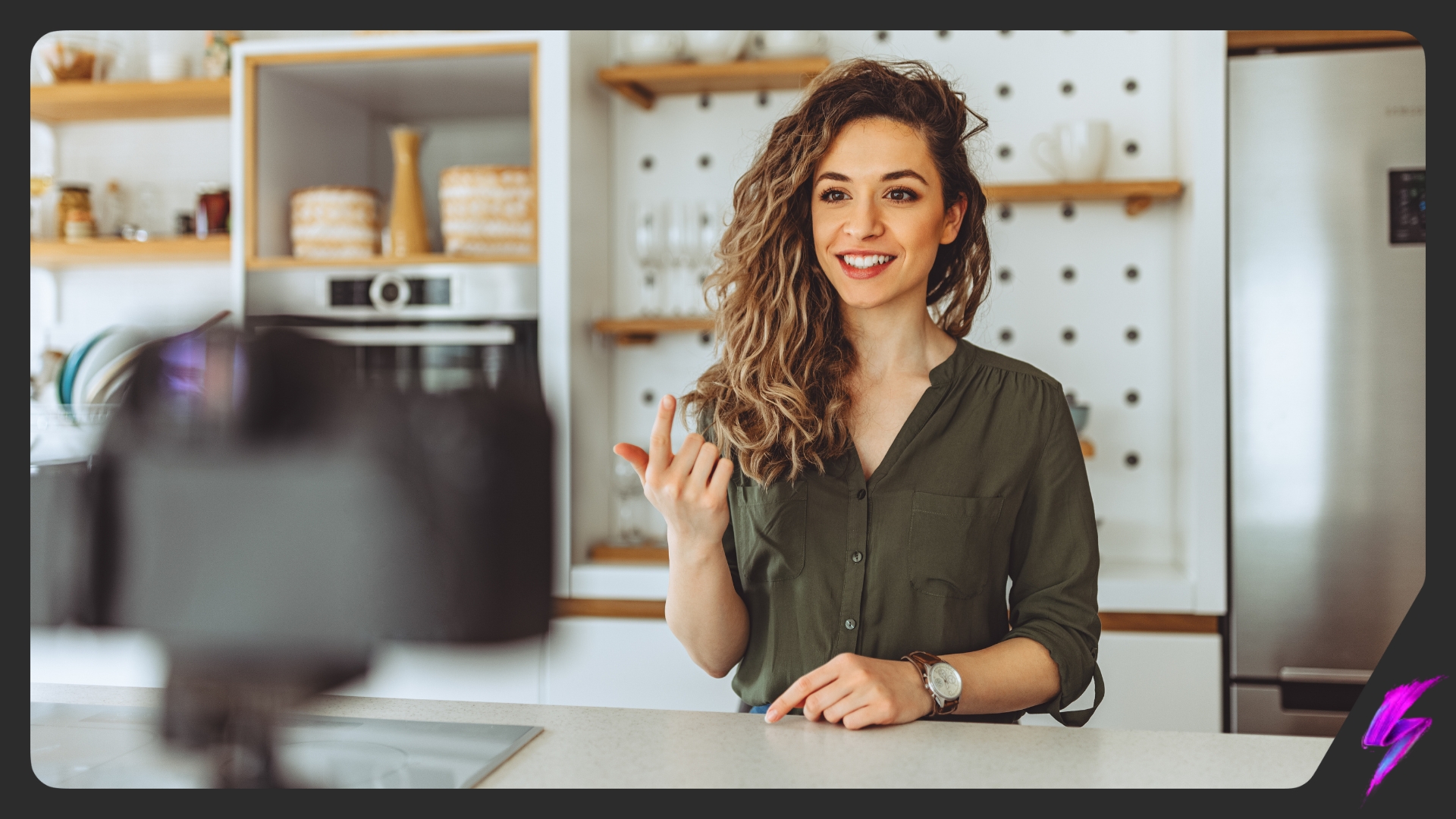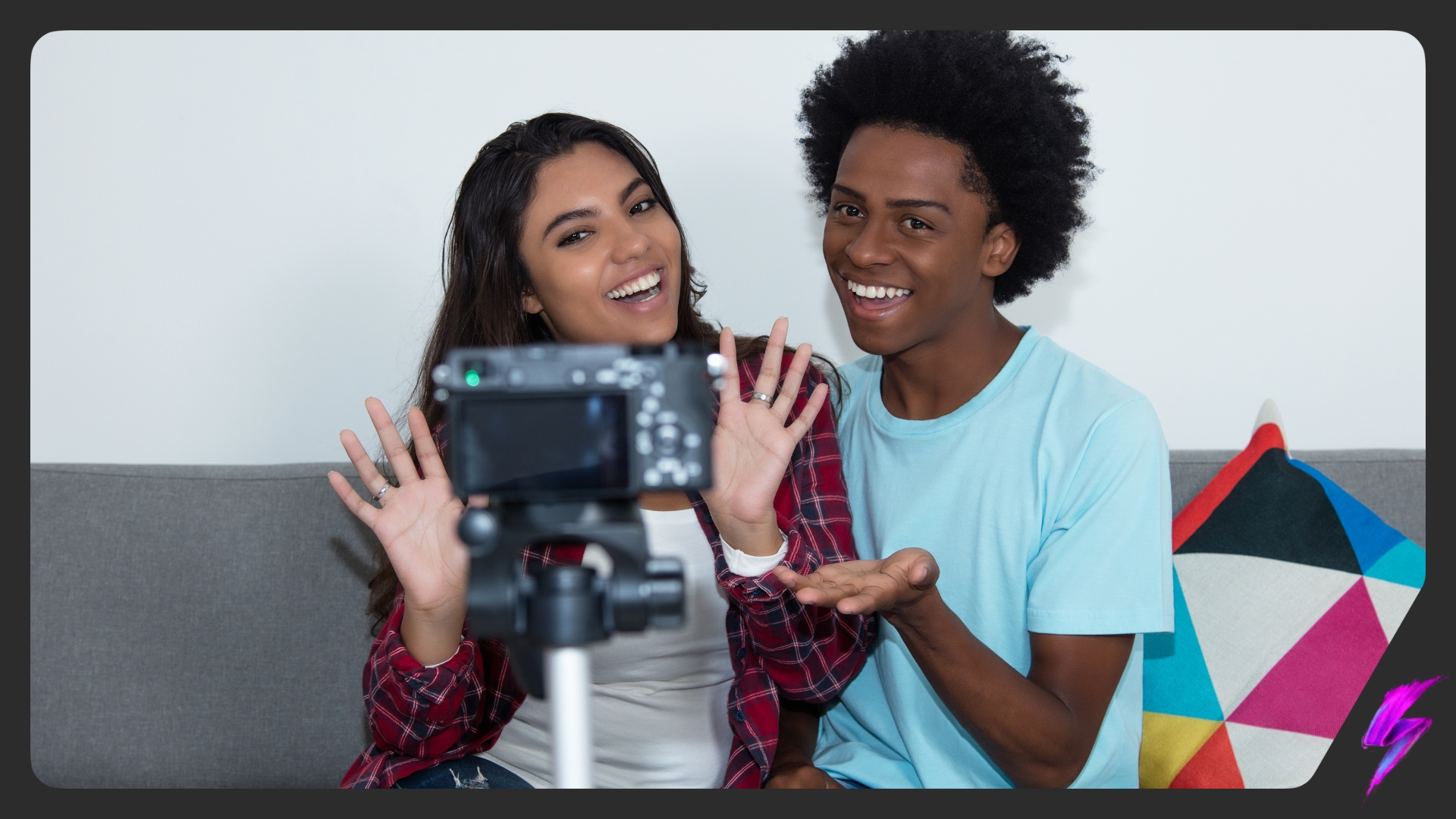Is Offline Marketing For Beauty Brands Becoming Superior Once Again?
Nov 15, 2024
Social Media Marketing News
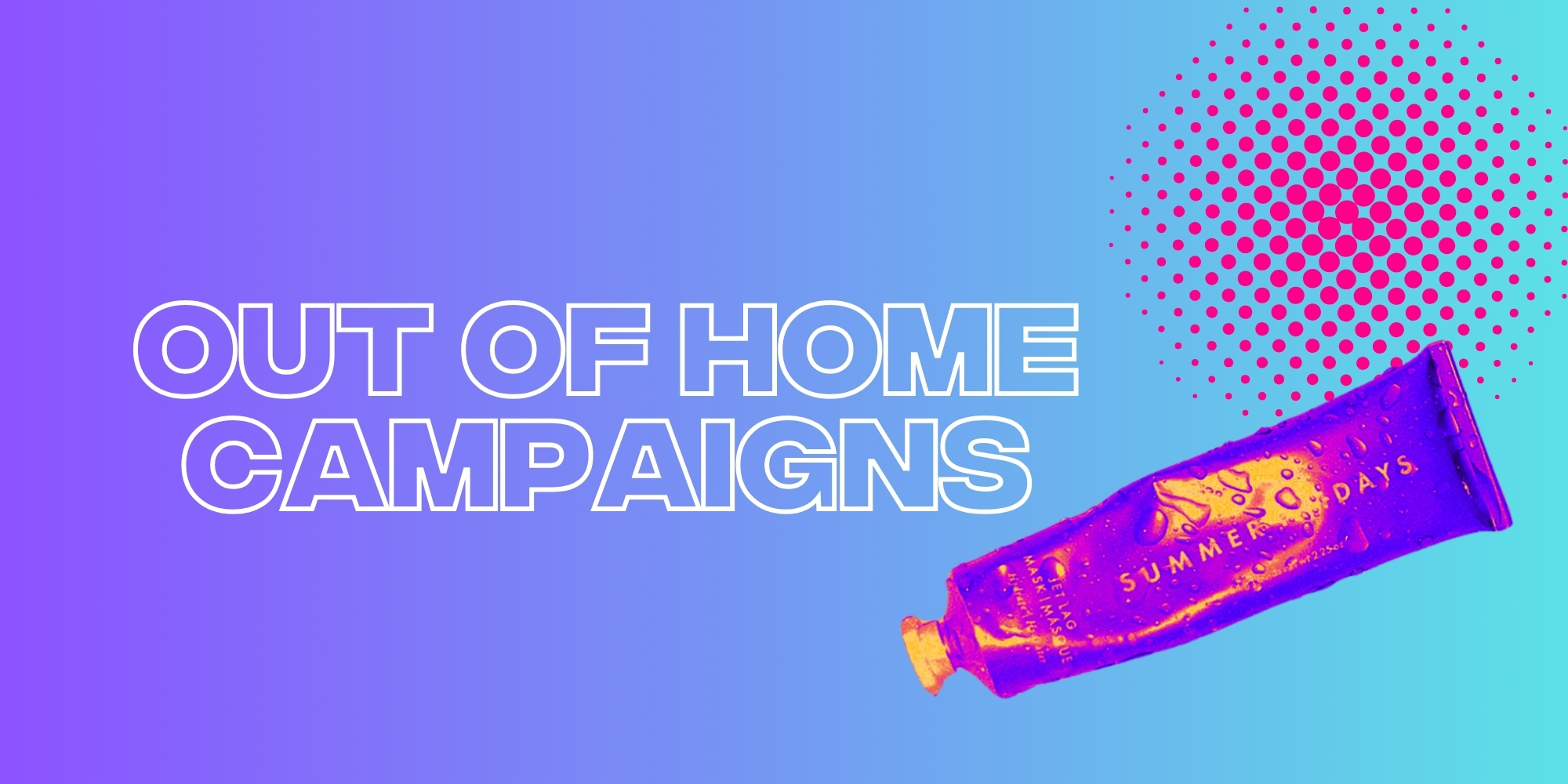
For digitally-savvy brands like Summer Fridays and Patrick Ta Beauty, building an online empire has come effortlessly. From a viral ‘Jet Lag’ lip mask that appeared to spark an Instagram-induced frenzy, to a foundation release circulated on TikTok, these two brands have aced their digital marketing strategies.
@amanda_sarceda Theres two types of people at the airport #boyfriends #lax #matchmyfreak #summerfridays #jetlagmask #advertisingtiktok #advertisement #marketing
But when faced with the ‘real world’, how do these brands fare?
Offline marketing for beauty brands has seen a recent uptick in adoption, helping some of the industry’s most viral brands reach new audiences who prefer to frequent brick-and-mortar stores, pop-up events, and various other spaces. This is where more traditional methods of advertising thrive. Think billboards, taxi wraps, posters etc.
Though this shift may seem like a step back, offline marketing for beauty brands is actually a genius move to cut through the noise of digital oversaturation by creating real-world, memorable touchpoints, as well as create intergenerational impact.
Given this, should famously-digital beauty brands begin to consider more out-of-home (OOH) advertising options going forward? Or should offline marketing for beauty remain reserved for the industry giants?
WHY PHYSICAL SPACES STILL MATTER
Digital disruption has brought about huge changes for retail and the beauty industry. However, this hasn’t slowed down investment in the physical form.
Despite digital strategies allowing brands to talk directly to their customers, aid the growth of beauty influencers, and sell directly to avid fans, many consumers would still prefer to purchase their beauty products in person. In fact, 50% of British consumers would rather buy their beauty/grooming products in store, compared to 16% who mainly shop online. Over in the US, this sentiment is even stronger, particularly among Gen Z consumers, with 90% of them preferring to shop in-store for their beauty products.
The beauty industry clearly remains a prominent figure for brick-and-mortar stores, but why is this?
In-person testing
Online shopping for beauty products may come with many conveniences, but being able to test products in person is of the utmost importance for general shade matching, texture, and scent purposes. This, and being able to try products out before buying is considered more trustworthy, boosting brand reputation.
Sephora’s introduction of try-before-you-buy was revolutionary in this field, but despite launching well over a decade ago, consumers still willingly attend stores to get the perfect shade match and experience beauty shopping in-person. Leading us onto our next point…
In-person beauty shopping is an experience in itself
It’s common knowledge that shopping for beauty products is vastly different from doing the weekly grocery shop. Dare we say, it’s considerably more entertaining. Beauty stores and counters are likened to a playground for makeup enthusiasts, making their implementation into shopping centre line ups crucial and encouraged. The more aesthetically-pleasing and accessible a store, the more likely it is to generate consistent foot traffic.
On a similar note, these all singing-all-dancing beauty stores are also just worth a visit, alone. Unlike many other sectors, the beauty industry understands the importance of experiential retail. Take Lakeside’s H Beauty store, for example. The store houses multiple salons, demonstration rooms, a champagne bar, and much more, making for a fun-filled day out.
@katiehopkinsx H Beauty Carnival at Lakeside for this weekend only ✨ from phone charm making, free minis, masterclasses, shopping and coffee its definitely worth the visit 💄 pr invite #hbeauty #hbeautycarnival #hbeautylakeside #beautyevents
Merging the digital and physical worlds
Many beauty brands are beginning to incorporate technology into their spaces, bringing customers new, unique experiences. From interactive mirrors at Innisfree, to a ‘cloud shelf’ allowing customers to browse and purchase products in Sephora, these technologies enhance the shopping experience and are especially suited to retail spaces, encouraging repeat customers.
HOW TO ACE OFFLINE MARKETING FOR BEAUTY BRANDS
OOH marketing isn’t just about repurposing digital content. Unlike a brand’s owned social channel or ecommerce site, they have a much smaller window of opportunity to capture attention, offline. As tempting as it might be to choose a more enigmatic tagline that worked wonders over on Instagram or TikTok, opting for something too niche will confuse, rather than entice, shoppers.
OOH marketing is deep-rooted in conceptualising something simple, bold, and instantly recognisable, steering clear of those beloved long hashtags and captions that we all like to use.
Patrick Ta Beauty did just this with its first major OOH campaign, opting for the tagline, ‘beauty that brings you out’. The campaign’s $1million investment paid for billboards, a Times Square ad, and even a TV spot, resulting in a 40% increase in search terms corresponding to the brand.
@patrickta Proud Moment For Me And @Patrick Ta Beauty Major Skin Foundation To Be In Time Sqaure 🥹
♬ heatwaves x diet pepsi by addison rae – addison rae invented music
Successful OOH campaigns also take into consideration when their launch will have the most impact. Take Innbeauty Project’s first OOH campaign, launched specifically during the expansion of its store footprint in Sephora, as well as during a generally quieter period for product launches, allowing the brand to truly see the impact of this campaign without having to compete for attention.
However, while an isolated launch can make for a successful crack at offline marketing for beauty brands, sometimes banking on the halo effect from another well-known brand name can help maximise impact. Similarly, brands can leverage the selling power of famous influencers to generate even longer-lasting impact, too. Take Patrick Ta Beauty’s campaign, for example, which featured models Shannon Zhao and Roseline Angua. Tapping into the vast audiences of figures like this only increases a brand’s OOH success rate.
If you’ve been concentrating solely on digital marketing, now might be the ideal time to explore how offline marketing for beauty brands can enhance your brand visibility.
By combining viral online content with compelling offline ads, offline marketing for beauty brands can help create a well-rounded strategy that resonates with today’s consumers and amplifies your brand’s presence across multiple touchpoints.
Our influencer marketing agency and social agency are located worldwide, with our agency network based in the USA, UK, UAE and China.
If you want to find industry insights, visit our influencer marketing and social media blogs.
@sociallypowerful
Social And Influencer Marketing News + Insights
Get in touch
We'll show you how to start powerful conversation, drive social engagement, build your brand, hit sales targets or meet other goals you have, wherever you are in the world.
Work with us
